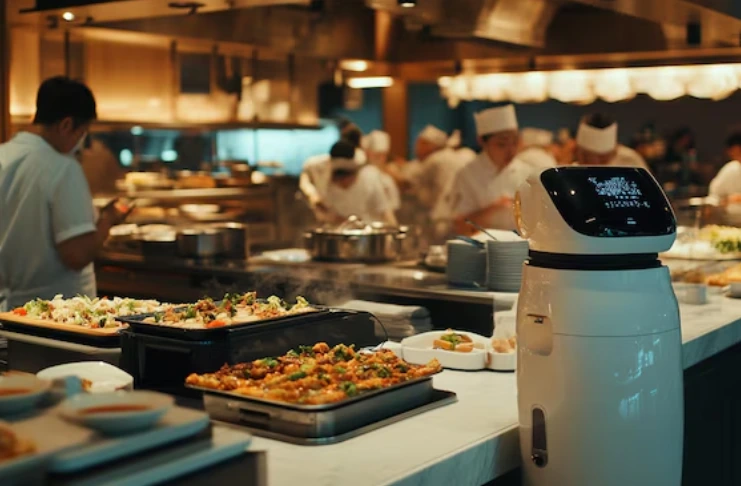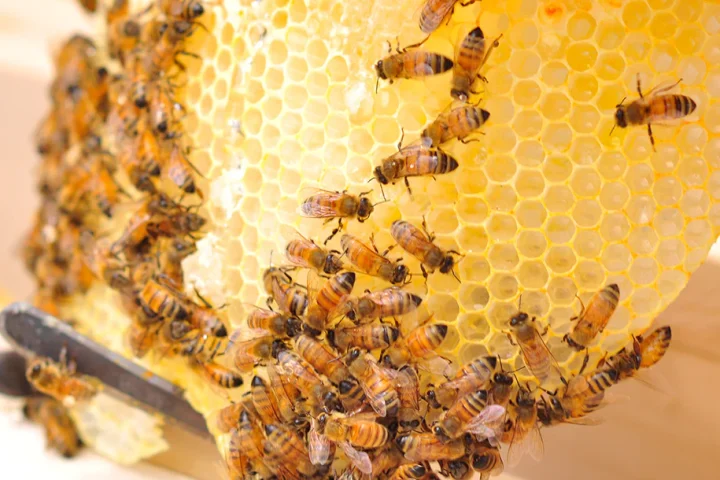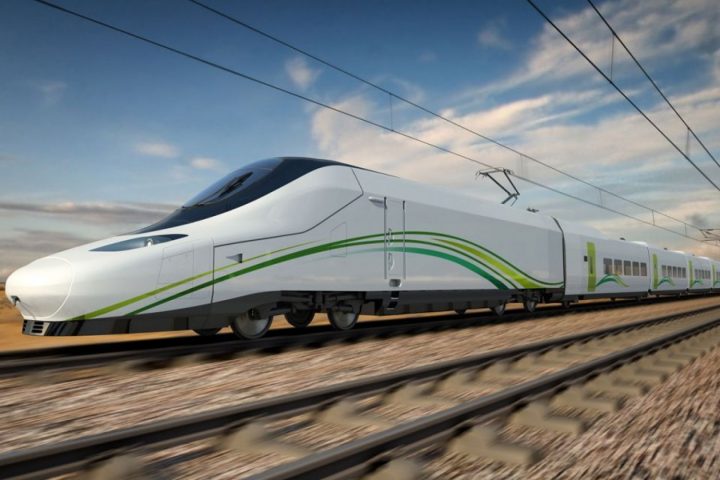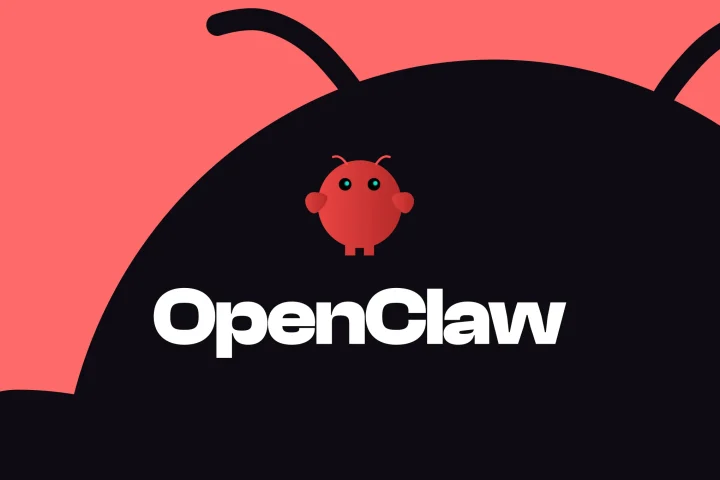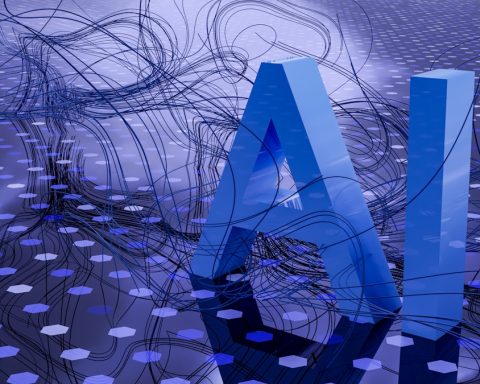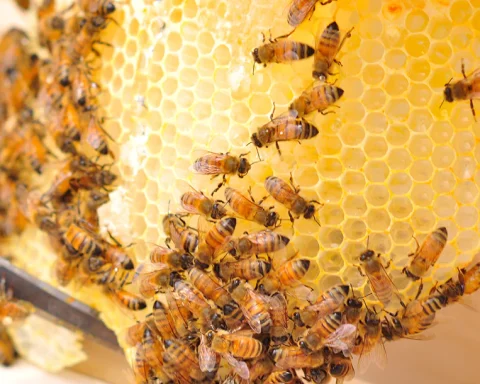As the world grapples with food insecurity and rising emissions, artificial intelligence (AI) is emerging as a game-changer in how food is produced, preserved, and distributed.
From precision farming to lab-grown alternatives, AI is enabling more efficient and sustainable ways to nourish a growing global population.
Leading this innovation is Essence Food, a pioneering company that blends AI with 3D printing and advanced freeze-drying technology to convert surplus or rejected fruits and vegetables into nutrient-rich, long-lasting food products.

Founder and CEO Marcio Barradas emphasized that food deemed unfit for retail due to its imperfect appearance can be repurposed rather than wasted.
“What’s seen as trash can actually become treasure — we’re turning waste into value,” he told Arab News.
Globally, an estimated $1 trillion in food is lost annually before it reaches consumers, primarily due to spoilage, inefficiencies in transport and storage, or cosmetic rejection.
AI plays a vital role in addressing this by optimizing supply chains, extending shelf life, and preserving nutritional value.
These AI-powered efforts not only fight hunger and improve public health, but also contribute significantly to reducing carbon emissions linked to food waste — supporting broader global sustainability goals.


